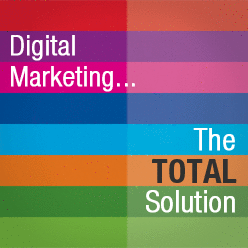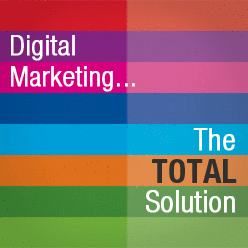In case you missed it see what’s in this section
Let's Talk
Your Total Guide To business
The Irony of Managing your Mental Health whilst developing a mental health technology startup - Matt Vamplew
There is an irony to running a mental health startup. You have to be a bit irrational to start a company in the first place, particularly when faced with statistics such as “80% of UK companies fail within their first year” according to the Office for National Statistics.
With that rate of failure and amount of effort, stress, uncertainty and sacrifice required to develop a business it’s no wonder 72% of entrepreneurs are directly or indirectly affected by mental health issues - compared to just 48% of non entrepreneurs, according to a study by the National Institute of Mental Health.
“No great genius has ever existed without some touch of madness” said Aristotle. I tend to agree.
Anxiety and depression have been a shadow that has followed me around for a long time. When I started trying to build something to help other people with their mental health problems I soon realised this company could be both a blessing and curse for my own.
With that in mind, I wanted to share my experience of managing my mental health in the hope of helping fellow entrepreneurs (or anybody thinking about being one) navigate the choppy waters of entrepreneurship.
Having a purpose builds resilience and is a mental health treatment unto itself
Researchers from the University of California suggest that if you feel you have a purpose in life, you’re more likely to feel both physically and mentally well on a daily basis. Psychological resilience has been broadly defined as “the capacity to maintain, or regain, psychological well-being in the face of challenge” Ryff, et al 2012).
I believe a huge reason we have so many mental health problems as a society is because people haven’t found their sense of purpose. Moreover, putting yourself in a position where you will fail often, get rejected and question yourself constantly to achieve that purpose is scary. I know that and still experience it. But I do believe the purpose to build a socially good company has dramatically helped build up my own self confidence despite the challenges along the way.
So have a purpose for your business that you truly believe in and it will help you get through the hard times. But keep in mind you will have to sacrifice a lot in order to achieve that purpose.
Sacrifice hurts but it's directly related to success
Have you heard of the famous marshmallow study? Walter Mischel, a professor at Stanford University, gave children the chance to have one marshmallow now or two later. These children were tracked through life into adulthood and those who had chosen to wait tended to have better life outcomes, educational attainment, body mass index and other life measures. Why? Because of their ability to go through life and delay reward now in the hope of achieving something greater later.
I know fear of missing out is the worst and it takes a strong will to say no to friends and family. My advice here is to set clear boundaries with yourself of what falls within the “allowed” list of immediate gratification and what doesn’t. What time or money can you afford to spend that you can afford to make back later. Entrepreneurship is a negotiation with yourself as much as with other people and having a clear sense of purpose will help build your resilience.
Just remember not to spend too much time thinking about the future, as you may miss out on what’s in front of you.
Don’t live in the future - its the present that counts
Living in the future is a common characteristic of new founders, thinking about all the things that could go well and also all the things that could go wrong. Cognitive Behaviourial Therapists state that future thinking is often based on Predictions of what might happen fueled by Assumptions not facts, leading to fantasizing and catastrophizing in equal measure. This can cause a lot of mental health distress.
In the early days of our venture my Co-Founder Dan and I interviewed a lot of therapists and people seeking support to test our assumptions about what might benefit both these groups. Feedback was fantastic and we had loads of great ideas for how great the platform could be and how many people we could help.
Unfortunately this meant we put off dealing with more immediate problems like “What technical support do we need? Where do we look for it? How do we get support to develop a platform that hasn’t made any money yet?” If we couldn’t answer those questions then the platform would fail. Thinking about failure made me feel incredibly vulnerable, so I preferred to think about those great visions of the future instead.
When we did eventually face up to these problems, we learnt that people generally do want to help if you have the courage to be vulnerable. It wasn’t easy plucking up that courage to reach out to various people with nothing but the promise of a cup of coffee for a chat, but we pushed through it, and this is how we met Matt Todd, our now Director and Chief Technology Officer.
So my advice is to dream big but think small and make sure you don’t get carried away seeing what you want to see - rather than what is.
For more information, visit https://www.paranimo.co.uk/pages/home
Weather in Bristol
Listings


















